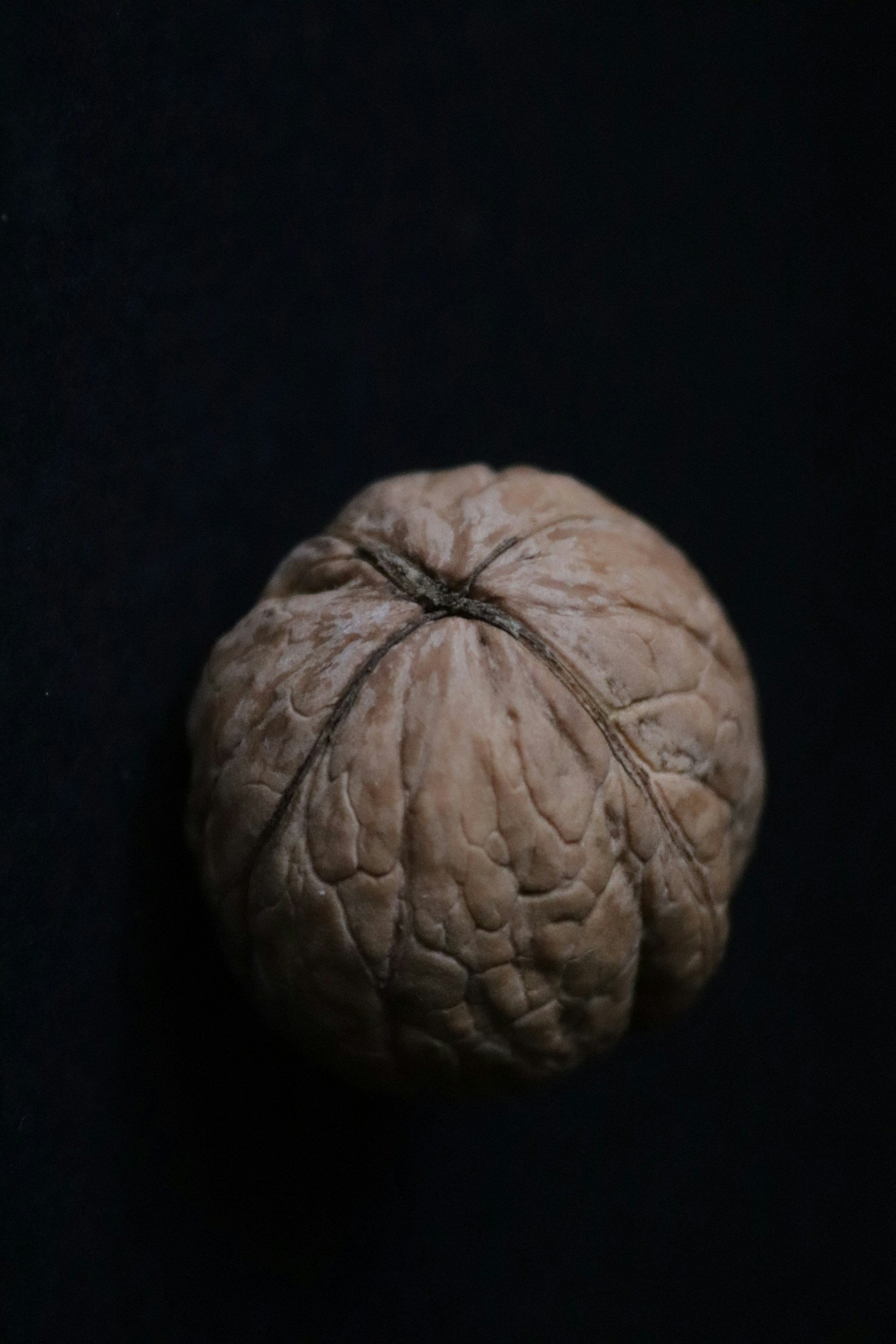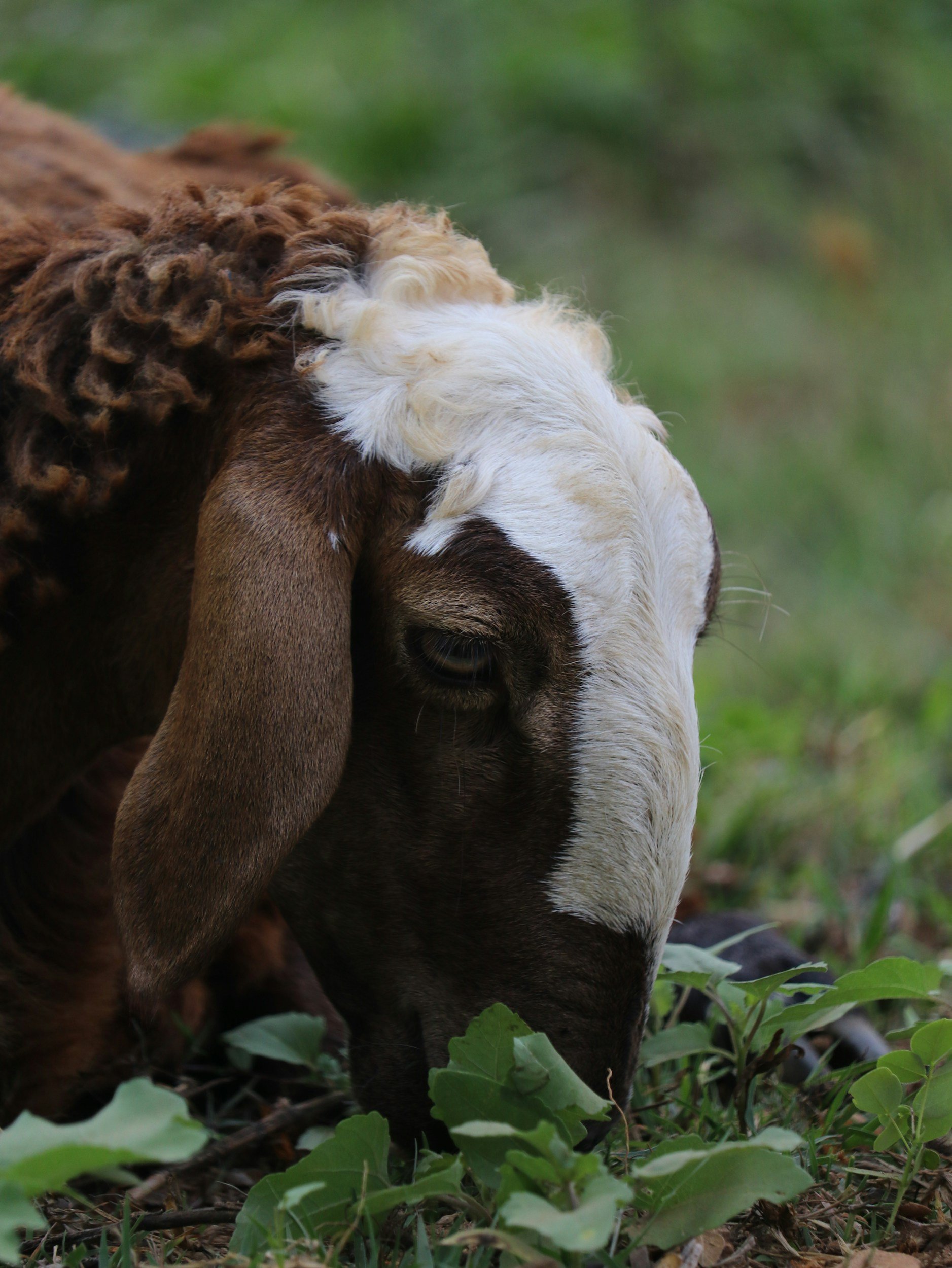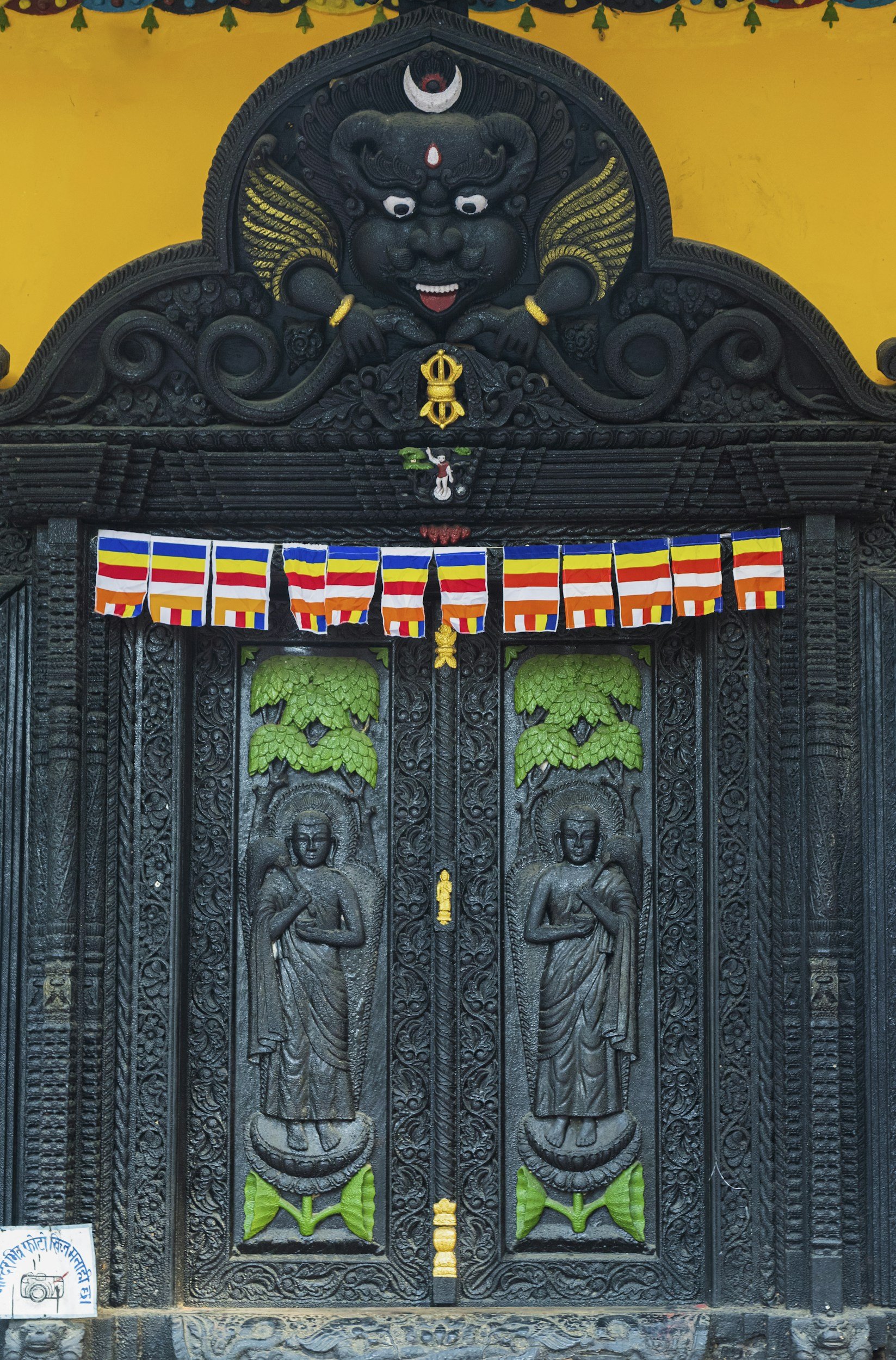The Nri Creation Myth
Listen to this story 👇🏾
In the beginning, when the world was still young, Chukwu, the Supreme Being, decided it was time to populate the earth. Chukwu chose a man named Eri to be the progenitor of a great lineage. To begin this sacred journey, Chukwu allowed Eri, accompanied by his wife Namaku, to descend from the heavens on a rope woven from divine threads. The rope lowered them gently to earth, and they landed upon an anthill in a wet, swampy land.
Eri, surveying the soggy terrain around him, grew concerned. The land was too wet and unsuitable for building a home or growing food. So, he raised his voice to Chukwu, expressing his worry. Chukwu, with infinite wisdom, sent an Awka blacksmith to assist Eri. With his fiery bellows, the blacksmith dried the land, making it firm and habitable. Grateful for the help, Eri began to settle into his new life on earth.
For sustenance, Chukwu provided Eri and his family with a special kind of heavenly fish called Azu Igwe. These divine fish sustained them for many years, but as time passed, Eri grew old and eventually died. With Eri's death, the supply of Azu Igwe ceased, and his family found themselves in a difficult situation.
Eri's son, Nri, took it upon himself to seek Chukwu's guidance. He prayed fervently, asking for help to provide for his family and people. Chukwu heard his plea and instructed Nri to make a great sacrifice. Nri was to offer his own son and daughter as sacrifices to the earth. Though his heart was heavy, Nri obeyed Chukwu's command, knowing that the survival of his people depended on it.
With deep sorrow, Nri carried out the sacrifice. He buried his son and daughter in the earth, and for three Igbo weeks, which equaled twelve days, he waited. On the twelfth day, something miraculous happened: from the grave of his son, a yam plant sprouted, and from the grave of his daughter, a cocoyam plant emerged. These were the first yams and cocoyams on earth, and when Nri and his family ate them, they experienced sleep for the first time.
With the success of the first sacrifice, Chukwu commanded Nri to make another offering, this time of a male and a female servant. Though burdened by the sacrifices he had already made, Nri dutifully complied. He buried the servants, and after twelve days, an oil palm tree grew from the grave of the male servant, and a breadfruit tree emerged from the grave of the female servant.
Chukwu then gave Nri a final command: he was to share these new foodstuffs—yam, cocoyam, oil palm, and breadfruit—with the rest of mankind. At first, Nri hesitated. He was weary of the sacrifices he had made and frustrated by the demands placed upon him. However, with time, he understood the importance of Chukwu's command and began to distribute these gifts across the land.
As a reward for his obedience and sacrifices, Chukwu bestowed upon Nri and his descendants great blessings. They were given the sacred responsibility of cleansing villages of spiritual abominations, tying the sacred Ngwulu (ankle cord) on men who took the revered Ozo title, and crowning the kings of Aguleri. Nri's descendants, known as the "Umunri," were also given the Ogwu Ji, the charm of yam production, making them the custodians of this vital crop.
Over time, the Umunri became renowned across Igboland as healers, priests, and sages. They were respected and revered, holding the universal freedom to wander anywhere across the land without fear of harm. Their wisdom, born from the sacrifices of their ancestor Nri, became the foundation upon which many communities were built, and their legacy continues to this day.
And so, the story of Nri and the creation of the sacred crops teaches us the value of sacrifice, obedience, and the importance of sharing the gifts we receive with others. It reminds us that even in the face of great trials, there is wisdom in trusting the divine plan, for it leads to blessings that endure for generations.
The End.
Lessons to learn
Sacrifice for the Greater Good: Nri’s willingness to sacrifice his own children, despite the personal pain it caused him, highlights the importance of selflessness. Sometimes, the greater good requires difficult choices, and the rewards that follow can benefit not just an individual but entire communities.
Obedience to Divine Wisdom: Nri’s story underscores the importance of trusting and obeying divine guidance, even when it seems challenging or unclear. The blessings that came to Nri and his descendants were a direct result of his obedience to Chukwu’s commands.
The Cycle of Life and Death: The myth teaches that life and death are interconnected. The sacrifice of life (through the death of Nri’s children and the servants) brought forth new life in the form of crops, symbolizing the natural cycle of renewal that sustains the world.
Sharing and Generosity: Nri was tasked with sharing the divine crops with the rest of mankind, emphasizing the value of generosity. The gifts we receive are not just for our benefit but are meant to be shared with others to create a more prosperous and harmonious society.
Responsibility and Leadership: The rewards given to Nri’s descendants, such as the power to cleanse spiritual abominations and crown kings, illustrate the responsibilities that come with leadership. True leaders must serve their communities with wisdom and integrity, guided by the traditions and sacred duties passed down to them.
The Importance of Tradition: The establishment of rituals like the Ozo title and the cultivation of yam and cocoyam connects the people to their ancestors and the divine. This reinforces the importance of maintaining and honoring traditions that carry the wisdom of the past into the present.
Endurance and Patience: The myth teaches the virtues of patience and endurance. Nri had to wait for 12 days to see the fruits of his sacrifices. In life, good things can take time, and patience is necessary to achieve lasting results.
These lessons reflect the deep wisdom embedded in Igbo mythology, which offers guidance on how to live a life that is in harmony with both the spiritual and physical worlds.
What other lessons can you point out from this story? Let us know in the comment section below.























